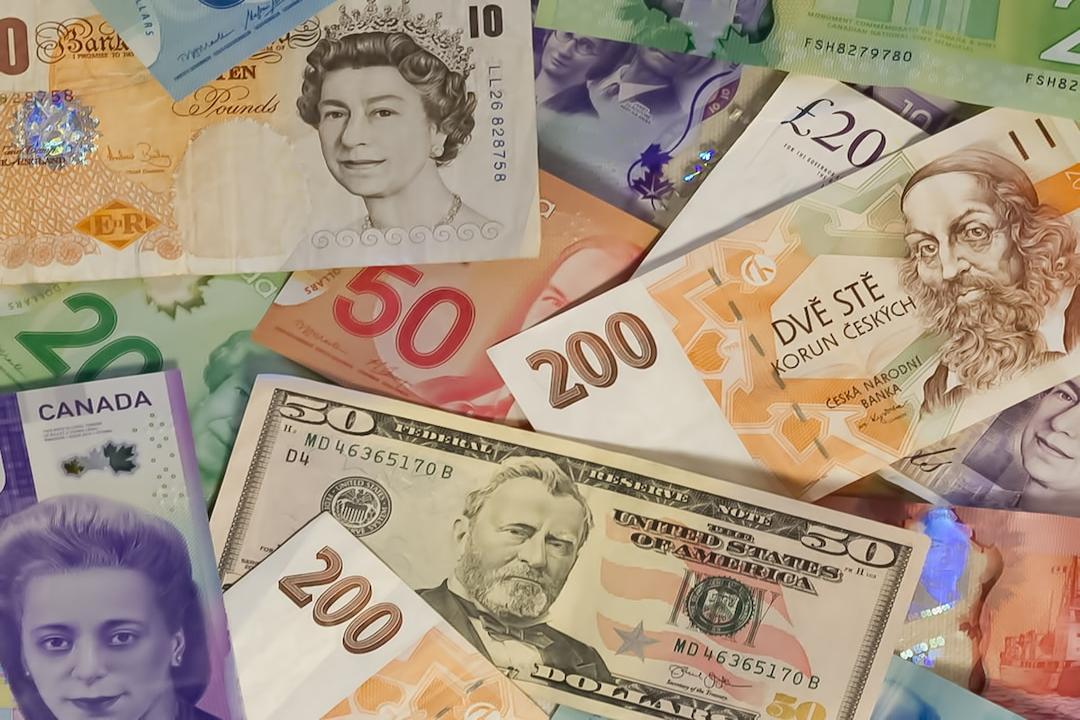Report on Crypto Regulations in the Cayman Islands
The government of the Cayman Islands collaborates with organizations such as the Cayman Islands Monetary Authority (CIMA), Cayman Finance, and Cayman Blockchain Foundation to recognize the value of the evolving financial world. They have consistently welcomed fintech and digital asset businesses to their jurisdiction while maintaining financial integrity and transparency.
Advertisement


The Cayman Islands have introduced significant acts to regulate cryptocurrencies. In this Coinpedia module, we have compiled the latest regulatory and legislative developments in the Cayman Islands concerning cryptocurrencies.
Introduction
The Cayman Islands have always strived to adhere to the international standards set by the Financial Action Task Force (FATF). To this end, they introduced the Virtual Asset (Service Providers) Act (VASP) in 2020. This act serves as the primary regulation for cryptocurrencies.
The VASP Act establishes the legitimacy of digital assets and cryptocurrencies in the Cayman Islands. To provide further clarity, the Virtual Assets Regulations were introduced in October 2020. This framework aims to make the Cayman Islands an attractive jurisdiction for virtual assets, offering a flexible regulatory foundation and certainty for those operating in the crypto sphere.
Crypto Regulations in the Cayman Islands
The VASP Act defines a “virtual asset” as a digitally tradable or transferable digital representation of value. The regulations encompassed in the VASP rules are as follows:
– Virtual assets themselves and parties dealing with virtual assets for their own purposes are not subject to regulations.
– All Virtual Asset Service Providers (VASPs) must be registered or licensed with CIMA, obtain a waiver, or hold a sandbox license.
– Virtual asset services include the issuance of virtual assets, exchange between virtual assets and fiat currencies, exchange between different forms of convertible virtual assets, transfer of virtual assets, virtual asset custody services, and participation in financial services related to virtual asset issuance or sale.
– The Cayman Islands imposes fines on those operating in breach of the VASP Act without CIMA registration or a license.
– Prior approval from CIMA is required for any issuance of virtual assets, especially those involving the sale of newly created assets to the public for fiat currency.
– The act introduced a sandbox license for innovative fintech and virtual asset companies, providing flexibility and exemptions while allowing effective regulation by CIMA.
– There are no restrictions or licensing requirements for owning or trading digital assets for personal use in the Cayman Islands.
– Mining is also unregulated and not prohibited in the Cayman Islands.
– VASPs registered or licensed under the act must submit suitable accounts to CIMA annually.
– Investment funds issuing digital assets may fall under the Mutual Funds Act or Private Funds Act.
– The Cayman Islands’ Anti-Money Laundering Regulations impose obligations on entities conducting financial business, including virtual asset services, with AML compliance officers playing a crucial role.
– The Securities Investment Business Act (SIBA) requires entities involved in dealing, managing, or advising on the acquisition or sale of digital assets in the Cayman Islands to hold a license from CIMA. This applies to digital assets that constitute “securities” for SIBA.
Taxation
The Cayman Islands do not impose taxes on income, inheritance, gifts, capital gains, or corporate profits related to cryptocurrencies. However, stamp duty may apply to certain documents with a nominal amount.
Final Thoughts
The Cayman Islands, known for being one of the most favorable locations for crypto businesses, is considered a crypto-friendly country. With proper regulations in place, the Cayman Islands provide an ideal environment for crypto activities. This may lead to unprecedented growth in the coming years, solidifying its position as a hub for crypto operators!
